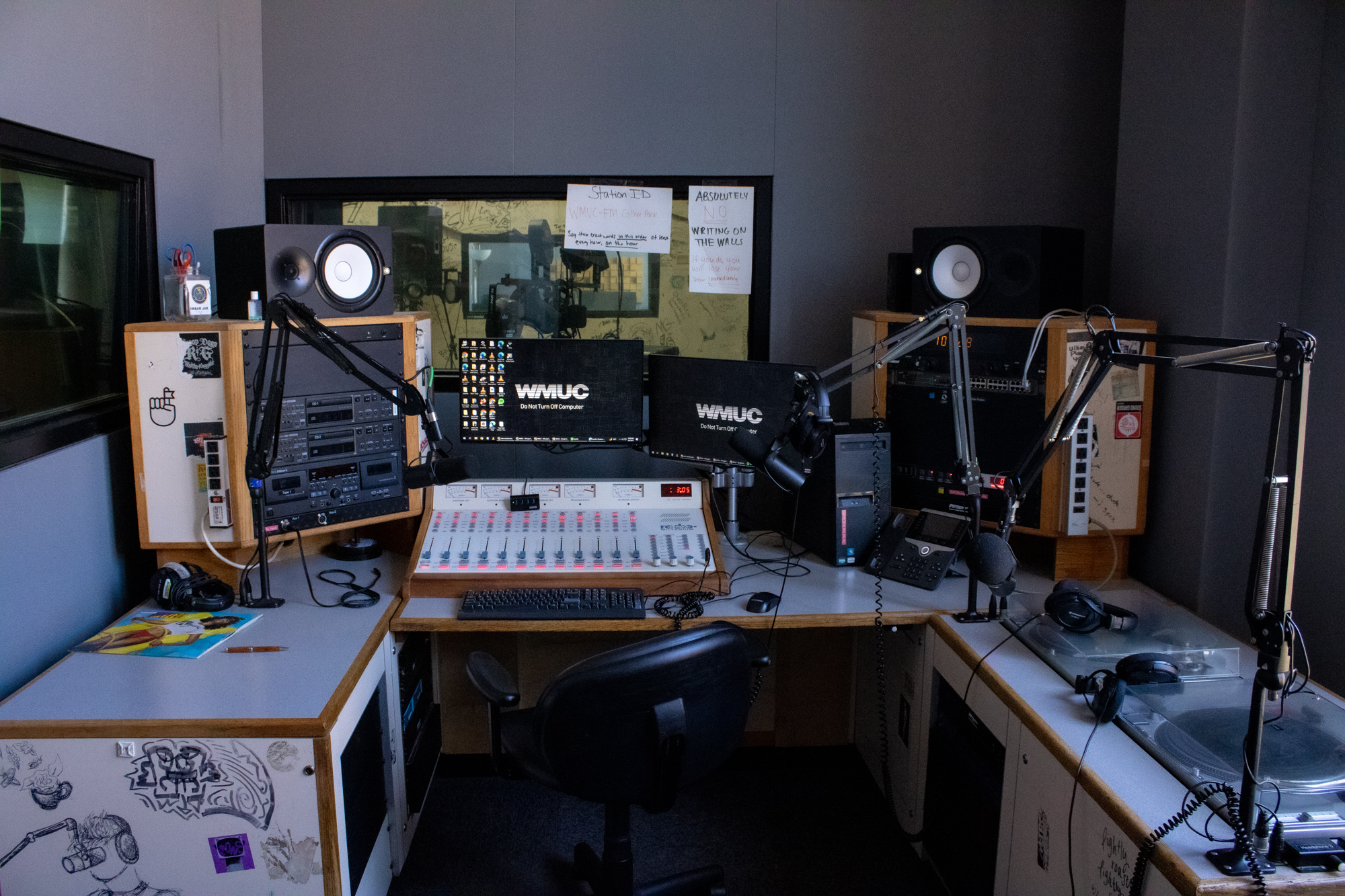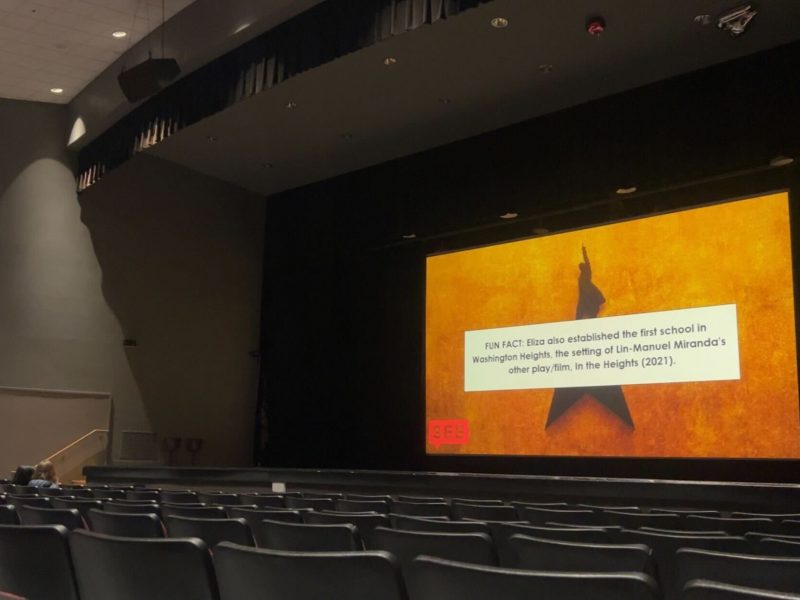Amid gray iron shelves stacked high with dusty sleeves and carefully preserved vinyl at the University of Maryland, senior information science major Jake McInturff holds court as WMUC’s record librarian.
But his true passion lies outside this university, the state and the country. The preservation of zamrock, a nearly-forgotten rock subgenre that emerged from Zambia during the 1970s, occupies most of McInturff’s mind.
Once lost to time, zamrock was pulled from obscurity by California label Now-Again Records. The label’s re-issues of WITCH albums and other Zambian works reignited interest in the genre, leading vinyl divers and record raiders to the nation in search of these records.
McInturff’s journey to zamrock started when he stumbled across the niche genre on YouTube his freshman year.
“[Zamrock] absolutely blew my mind and I became obsessed with it,” McInturff said. “I wanted to be one of the people that was bringing it to life.”
[Britney Spears discusses tumultuous life in new memoir]
When he’s not preserving the tens of thousands of records within WMUC’s collection — one of the largest non-commercial libraries on the east coast — McInturff is focused on retrieving surviving zamrock relics through his label, Bull Records.
The process can be treacherous and costly. McInturff hires and trains native Zambians to search for lost genre artifacts. Records are found in a variety of conditions and are often entirely unplayable.
“Most of [the records] were used as frisbees on the streets,” McInturff said. “Nobody has a record player anymore, and so, what would a record be worth? They just toss them around.”
Once the records are extracted, the risky process of transportation begins. McInturff remembers spending $1,500 on three records, just for them to arrive shattered due to shoddy packaging. But the risks and high prices come with the territory, McInturff said.
The effort is entirely self-funded by McInturff primarily through his work at Northrop Grumman. Other zamrock preservationists pour their livelihoods into the genre’s survival, McInturff said, including one friend who maxes out his credit card each month to support his expeditions.
His friends and collaborators, Shane Muldowney and Alex Roy, share his passion for the niche African subgenre. McInturff met the two men through their zamrock-focused YouTube channels, marking his entry into the small, passionate world of zamrock preservation. Separated by thousands of miles, their common mission brought the Maryland, California and Quebec residents together.
[WMUC turns 75: How the station keeps its story spinning]
The impact of their work are tangible, Muldowney said. The comment sections of his YouTube uploads are filled with older Zambians reimmersing themselves in the lost music of their youth. On one occasion, Muldowney’s work allowed a man to hear the voice of his brother, which he hadn’t heard in 30 years.
“Being able to have that human connection with people on the other side of the world that I’ll never meet, but being united and bonding over this music, it’s a very powerful experience,” Muldowney said. “That’s a very rewarding feeling.”
Zambia was a British colony before gaining its independence in 1964 and remains a member of the Commonwealth. Because of its colonial history, English is the nation’s official language, sonically bridging the country’s music to its Western counterparts in the rock genre.
Zamrock’s rule over the Zambian airwaves was short-lived, cut down by the nation’s HIV epidemic. Many musicians lost their lives to the virus, and by the 1980s, zamrock was nearly eradicated.
The subgenre’s survival now relies on individuals such as McInturff and passionate fans willing to fund zamrock’s Hail Mary escape from extinction. McInturff is in contact with the surviving members of the zamrock movement, including the remaining artists of the band Amanaz, working to keep their work alive.
“One of my hopes is that zamrock gets even more recognition for what it is,” Roy said. “I’ve collected records for over eight years now, and zamrock, in all of my collecting, zamrock is the one genre that truly stunned me and impressed me.”
McInturff sees his work in zamrock preservation as a step in a larger journey: expanding his record label and eventually owning his own record shop. His eyes are set on a closed-down apple butter factory in his hometown of Sykesville, Maryland.
“I like hunting. I’m an archeologist. I’m a curator, all oriented towards music,” McInturff said. “I would love [it if] Bull Records becomes a bigger part of me, a bigger part of what I do.”



